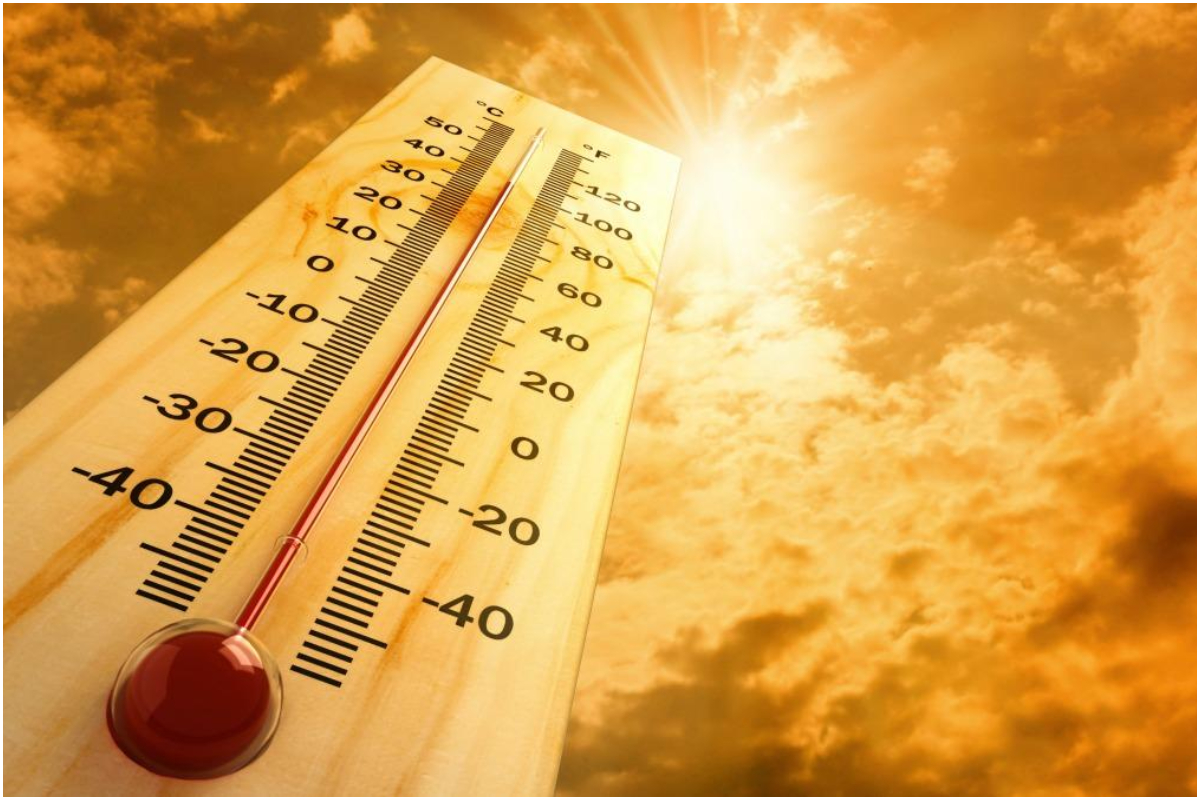UK records lowest temperature in 56 years
The United Kingdom (UK) has recorded the lowest temperature in 56 years...

According to predictions, the global temperature will be at least 1C above average for the tenth consecutive year.
According to the Met Office, the La Nia cooling effect, which is a natural weather cycle, will probably terminate after lasting for three years.
It also mentioned how climate change brought on by humans has a warming effect.
The rise in global temperature is being caused by climate change, according to scientific data.
Globally, governments have pledged to reduce emissions in order to limit temperature increases to 1.5°C or less and so prevent the worst effects of climate change.
Comparing the time before the Industrial Revolution (1750–1900), when people started burning a lot of fossil fuels and emitting warming gases into the atmosphere, the earth has already warmed by about 1.1C.
Forecasts place the temperature in 2023 between 1.08C and 1.32C higher than the pre-industrial average.
2016 was the warmest year on record going back to 1850, according to meteorologists, who attributed the rise in temperatures to the El Nio weather phenomena.
However, a different weather pattern known as La Nia over the past three years has had an impact, causing the average world temperature to decrease because to cooler-than-normal sea temperatures in the Pacific.
It is now anticipated that this impact will cease, bringing warmer weather to some Pacific islands and raising the global temperature over 2022 levels.
Because El Nio won’t be increasing global temperatures as it did in 2016, it is not anticipated to be a record-breaking year, according to Prof. Adam Scaife, head of long-range prediction at the Met Office.
However, some regions of the world, including the Arctic, are warming more quickly than usual.
“The natural and transient braking impact of La Nia will diminish the next year. Up until policies are in place to achieve net zero greenhouse gas emissions, warming will accelerate over the next year and continue into the future, along with more severe wet, dry, and hot extremes “BBC News was informed by Richard Allan, a professor of climate science at the University of Reading.
Many places throughout the world had record-breaking temperatures in 2022, including the UK, which saw temperatures rise above 40C.
Due to the extreme heat, devastating wildfires ravaged portions of Europe and Australia, and Pakistan and India were scorched by May temperatures that reached 51 degrees Celsius.
According to a number of studies, climate change has significantly increased the likelihood of these temperatures.
More drought, desertification, and heat-related illnesses are just a few of the devasting effects that rising temperatures are anticipated to have on both people and the environment.
Catch all the Business News, Breaking News Event and Latest News Updates on The BOL News
Download The BOL News App to get the Daily News Update & Live News.